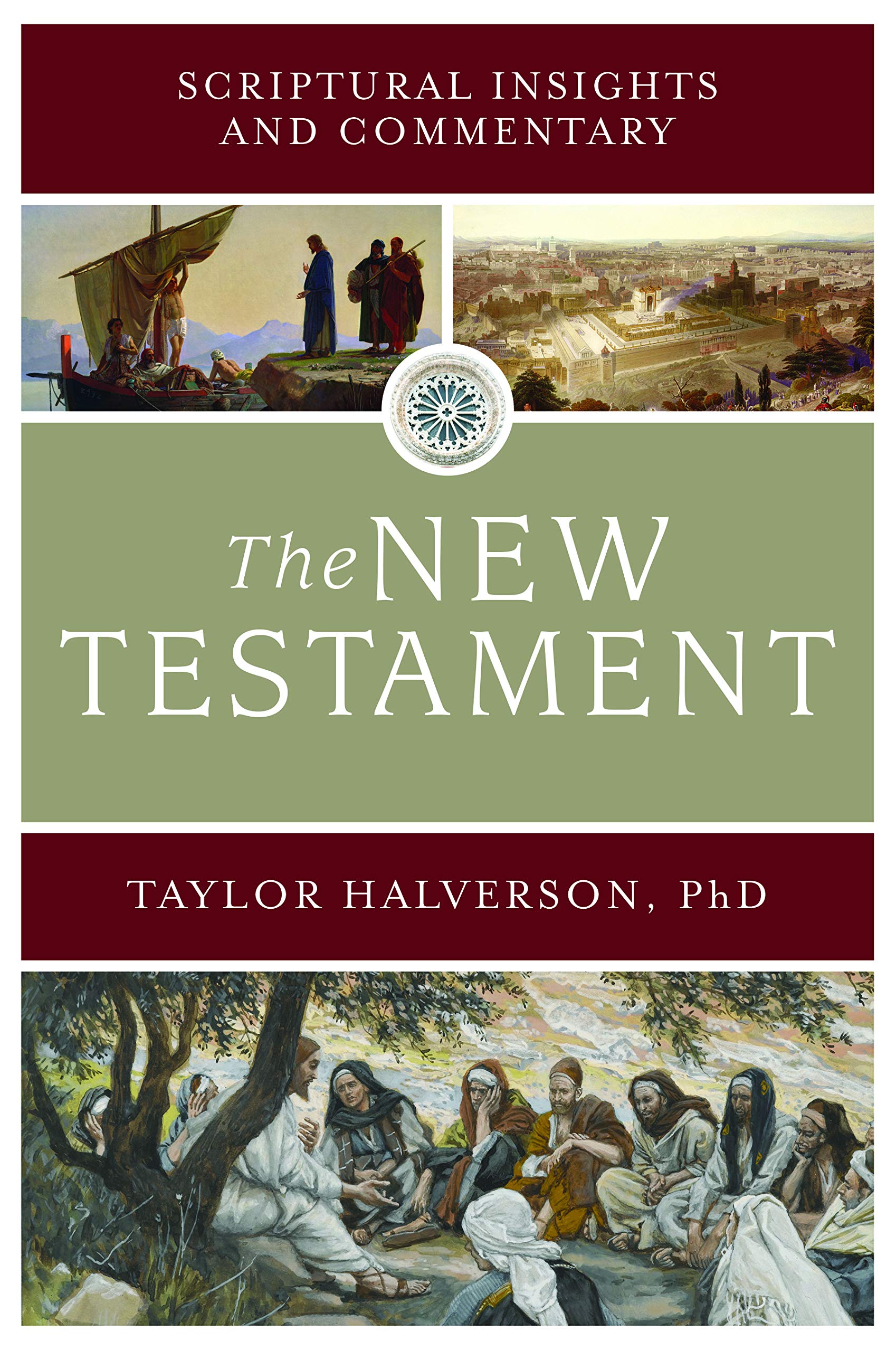Paul arrived in Athens bewildered.
He shouldn’t have been.
The Gods of This World
Athens had been the intellectual center of the Greek world for centuries
Athens was built and dedicated to the goddess Athena, the goddess of wisdom, the goddess of warfare. I’m not sure how wisdom and warfare go together. For the moment I’ll give the Greeks the benefit of the doubt that they knew what they were doing in creating the divine job description for Athena.
Though the city was dedicated to Athena, many gods (including foreign gods) were freely welcome and given home in the city. Welcome to democracy at work: the public competition and consumption of different voices and ideologies. Apollo, Zeus, Hephaestus, Demeter, Aphrodite, Poseidon, and others had temples and places of worship throughout the city of Athens.
The ancient people believed that the gods were in control of the world. Ancient people in Paul’s day imagined that each god had specific powers and abilities, that each god had power over a certain territory or geographic location.
People would pray to, or petition, different gods depending on where they were or what they needed.
If you were going to war, you’d pray to Athena. If you were travelling by sea, you’d want to make sure to petition Poseidon. If you were a craftsman and hoped to succeed in your business you’d likely offer worship to Hephaestus. If you were sick or bodily broken, you probably would call upon Apollo for healing, perhaps including his son Asclepius and granddaughter Hygieia (where our word Hygiene comes from).
What happens if you have a need that you don’t know about?
Have you ever bought umbrella insurance, the type that covers all sorts of situations seen and unforeseen? You would do so to be protected.
In the ancient world, the worship of many different gods was seen as a type of insurance guarantee. Just in case you fail to worship the right god who can meet your needs, you would pray to the “unknown god.”
The only way to insure that you had fully satisfied the expectations of the gods to pay attention to your needs was to throw in the “just in case god” called “the unknown god.” You don’t want that unknown god to suddenly appear, angry that you haven’t paid the appropriate sacrificial price to receive his divine blessing and protection.
Worshipping “the unknown god” was a form of hedging your bets, providing cover, acquiring that extra insurance to take care of any unforeseen needs.
We aren’t so different today.
In some sense, ancient gods were like modern-day branded businesses. We pay for the services of a variety of distinct branded businesses in order to accomplish specific purposes. Though we may have loyalty and devotion to specific brands, few people are so loyally devoted to a single brand that they would forgo the services of another company that would better meet their needs.
In that regard, most of us today are like people from the past: pragmatic with a bit of sentimentalism.
We are willing to have our needs met even at the expense of exclusive brand loyalty. The Greeks were similarly typically devoted or loyal to a few “brand-name” gods, while pragmatically worshipping whatever gods they thought would meet their needs, throwing in “the unknown god” for good measure.
The Unknown God—The True God of This World
Paul was disturbed by the frenzy of worship displayed by the Athenians. His confusion came to a head when he saw the inscribed altar dedicated to “The Unknown God.”
The Athenians thought they were hedging their bets to worship an unknown god just in case they’d lose out on the power and privileges of that god if they failed to worship him.
Paul gave a defense of Jesus Christ to the people of Athens. Paul wanted to reveal Jesus to the people. Paul wanted to unveil the unknown god. Paul wanted the people to know Jesus.
Hence, Paul’s sermon in Acts 17:24-31.
Can I Comprehend God?
This leads us to the question of knowing vs. comprehending God.
For many years, I thought “knowing God” and “comprehending God” meant the same thing. Only through a conversation with a fellow Christian friend of mine when I was at Yale Divinity School did I learn that these two phrases don’t mean the same thing (see my article “How a Friend at Divinity School Taught Me that God is Truly Incomprehensible—And Why that Is a Good Thing”).
I learned that I will never comprehend God.
I learned that I never want to comprehend God.
To comprehend means to enclose, to contain, to place borders around, to envelop, to control, to own.
I cannot enclose God. I cannot contain God. I cannot place borders around God. I cannot envelop God. I cannot control God. And I cannot own God.
Nor do I want to.
To know means to understand, to be familiar with, to be intimate with, to be aware, to recognize, to taste, to see.
I want to understand God. I want to be familiar with God. I want to be intimate with God. I want to be aware of God. I want to recognize God. I want to taste the love of God. I want to see God.
This is what Paul revealed to the Athenians. And because his words are preserved, this is what Paul reveals to us.
I cannot comprehend God. I do not want to comprehend God.
I want to know God.
Want to see where the Acts of the Apostles took place? This free tool I created will show you where: https://scriptures.byu.edu/mapscrip.
Want to see all the amazing sites for Acts 16-21? Click on the links below.
Acts 16, Acts 17, Acts 18, Acts 19, Acts 20, Acts 21
Looking for more great insights on the New Testament? Check out my new book available at Deseret Book Scriptural Insights and Commentary: The New Testament.
Join my newsletter and receive a free humorous eBook Memoirs of the Ward Rumor Control Coordinator is a light-hearted look at our beloved Mormon Church of Jesus Christ of Latter-day Saints culture. When you join my newsletter, it’s a bit like voting for Pedro. Your wildest dreams might come true!








